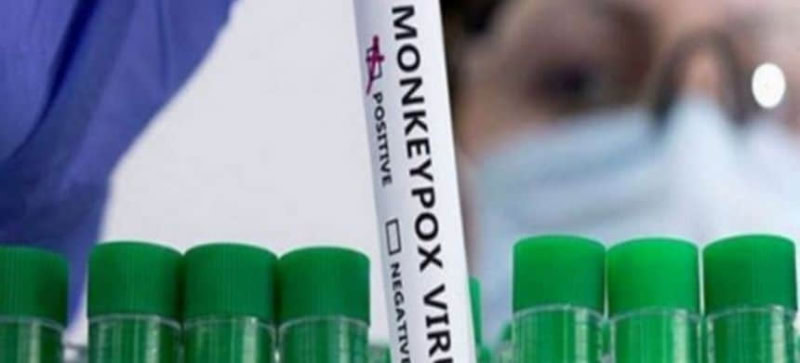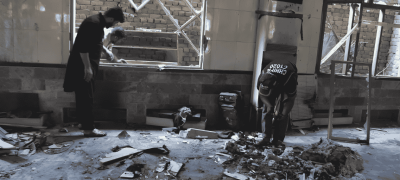The Ministry of Health on Sunday confirmed a fourth case of Monkeypox in Peshawar, Khyber Pakhtunkhwa. The 47-year-old male patient had recently returned from the Gulf and was isolated on August 29 by Border Health Services after showing symptoms.
A spokesperson for the ministry highlighted that the case was identified and isolated quickly, thanks to the screening protocols in place at all airports. The government has emphasized the importance of timely detection and isolation to prevent further spread of the virus.
Read more: KP Confirms Third Monkeypox Case
Dr. Mukhtar Bharath, National Coordinator for Health, assured the public that Pakistan has taken effective measures to combat Monkeypox. He mentioned that there is close coordination between the federal government and provincial authorities to ensure all necessary steps are implemented promptly.
In response to the rising number of Monkeypox cases, the National Institutes of Health (NIH) issued an urgent advisory to all stakeholders. The advisory outlines the current global and national situation regarding the Monkeypox outbreak and offers guidelines on prevention, detection, and response.
Healthcare providers and public health organizations have been urged to increase surveillance, enhance diagnostic capabilities, and implement strong preventive measures to curb the virus’s spread. The NIH also advised the public to stay informed, practice good hygiene, and seek medical attention if they develop symptoms.
Monkeypox, caused by the Mpox virus, typically begins with a rash that appears 1 to 3 days after fever onset. The rash progresses through various stages and may be accompanied by symptoms like headache, muscle aches, exhaustion, and swollen lymph nodes. The illness usually lasts between 2 and 4 weeks, with an incubation period ranging from 7 to 14 days.









